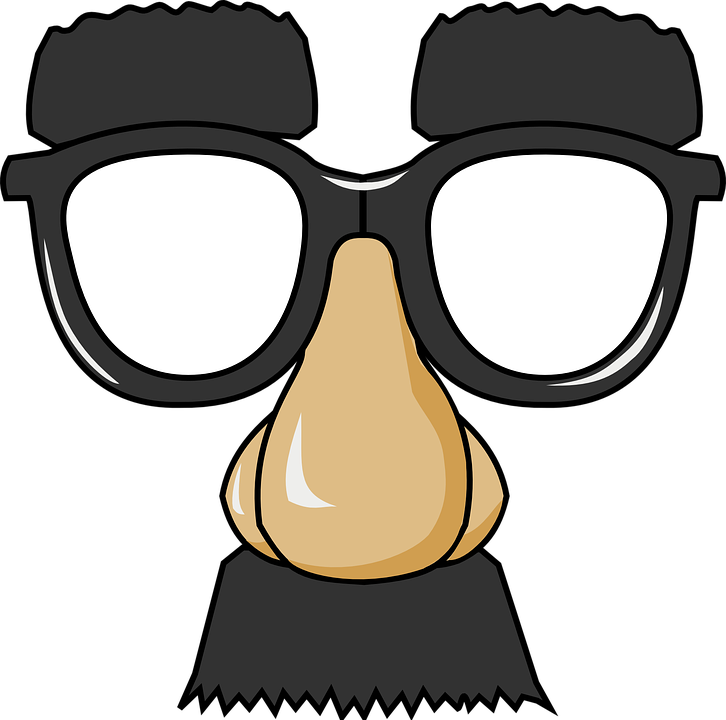National Humor Month: Are We All Walking on Egg Shells?
In an era where we’re relatively more considerate of others’ sensibilities, what challenges are faced when attempting to crack a joke?
In 1976, April was declared National Humor Month by comedian and author Larry Wilde, who is also director of The Carmel Institute of Humor. Wilde believed humor and laughter could be therapeutic tools that helped people manage the difficulties of life.
When fellow comedian George Burns once answered that the key to getting through life was to “keep breathing,” Wilde disagreed.
“It’s to keep laughing,” he said.
Now, in the early days of National Humor Month, a question that has been posed before can be posed again: Is it nearly impossible in our day and age to freely make a joke without the risk of offending or hurting someone?
It’s beeb lambasted by others in the last few years that wise cracks can’t be, well, cracked anymore because someone will always get upset. But is the concept of one censoring themselves and their jokes in the field of comedy really that simple, or is there more complexities to the issue?
“I think people feel they can’t make jokes anymore because they’ve been making jokes at the expense of the marginalized communities,” said Connor Wills, a junior at Pace. “They’re being held accountable for that now. And they don’t like it.”
How does that idea fare on college campuses, including Pace, an environment that represents a time where young adults socially, emotionally, and mentally develop and try to gain a broader understanding of the world—and the people—around them?
“We’re becoming more aware about things and learning. The truth is jokes can be funny and daring,” junior Danielle Alexander said. “Sometimes, they can also be offensive, and we’re in a time where people are calling that out more.”
“Everything is not black and white in most cases, but I do believe should care about the ways others are represented and have sensitivity,” she continued.
In the previous year alone, popular and iconic comedians have been criticized on social media for jokes or standup gigs perceived by various people to be inherently bigoted. Kevin Hart stepped down as the Oscar host this year after homophobic tweets were unearthed from 2011, and David Chapelle came under fire for a segment at Caitlyn Jenner’s expense in his recent Netflix special, Equanimity.
“When it comes to the complaint that you can’t make a joke anymore without offending someone, I think it’s a false idea,” said junior Melanie Pujols. “You absolutely can still make a joke. It’s people confusing humor with the idea of just being considerate of another person’s feelings. It’s basic social decency.”
Regarding the mental thought process one goes through before telling a joke, Pujols had a suggestion.
“I think a good way to go about it is if you’re making a joke, and it possibly makes that person uncomfortable, and not saying it will come at very little personal cost to you, then don’t say it,” she said.
Your donation supports independent, student-run journalism at Pace University. Support the Pace Chronicle to help cover publishing costs.


